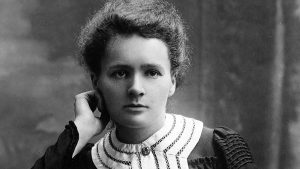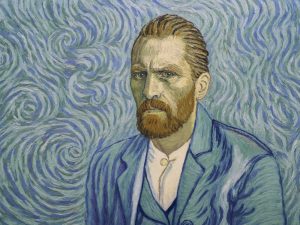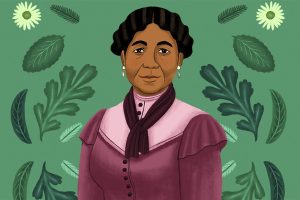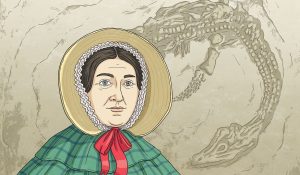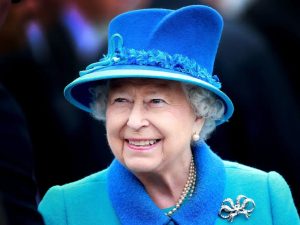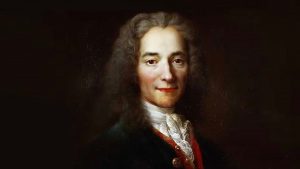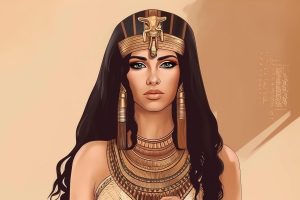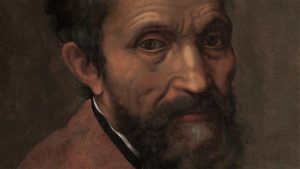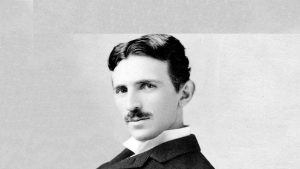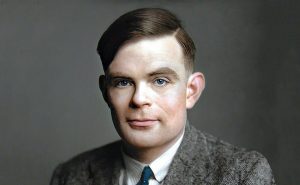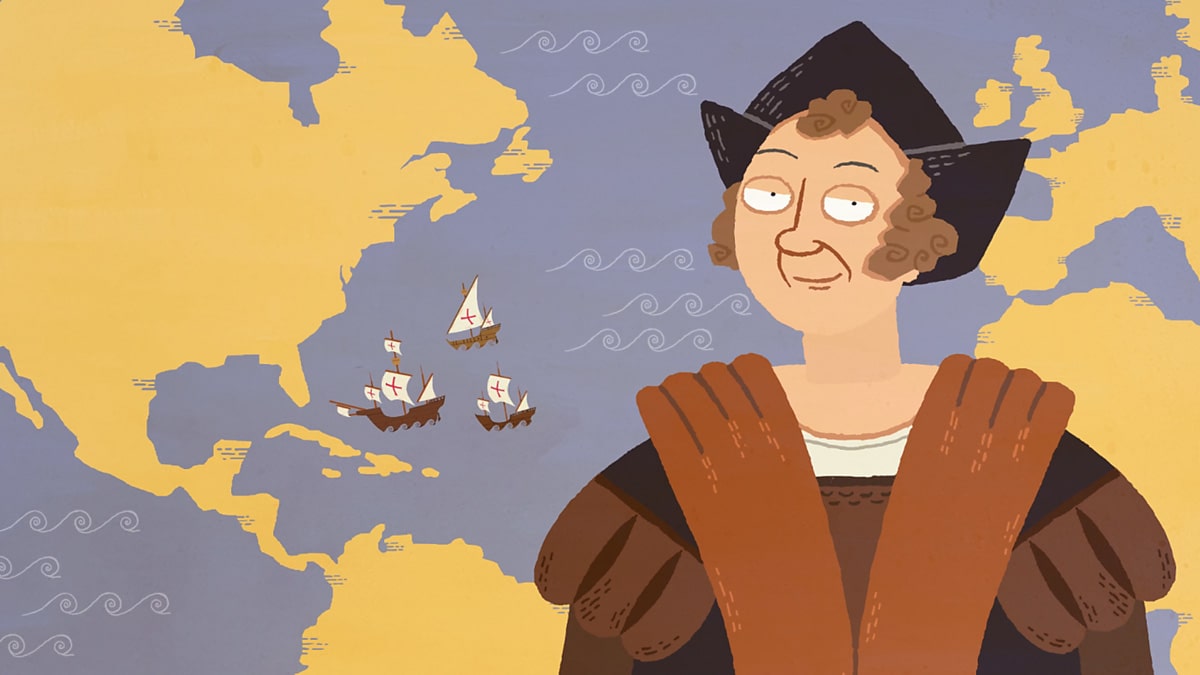
26 interesting facts about Christopher Columbus
- 👁️ 361
Christopher Columbus, the Genoese explorer, is renowned for his voyages that led to the discovery of the New World by Europeans. Sponsored by Spain’s Catholic Monarchs, Columbus embarked on a journey to find a westward route to Asia but instead stumbled upon parts of the Caribbean in 1492. Though not the first European to reach the Americas, his voyages had a profound and lasting impact on both continents. The legacy of Columbus is complex, and he remains a controversial figure due to his treatment of indigenous populations and his role in the colonisation of the Americas.
- Columbus was born in the Republic of Genoa in 1451, but the exact location of his birth is still disputed.
- He undertook four voyages across the Atlantic Ocean between 1492 and 1504, discovering various Caribbean islands, the Gulf of Mexico, and the South and Central American coasts.
- Columbus never set foot on the mainland of what is now the United States; the closest he came was Puerto Rico.
- The Niña, Pinta, and Santa María were the names of the three ships used in his first voyage.
- Columbus initially believed he had reached Asia rather than a new continent.
- He is credited with bringing various European goods to the Americas, including horses, and introducing European diseases that devastated native populations.
- The Catholic Monarchs, Ferdinand II of Aragon and Isabella I of Castile, sponsored Columbus’s voyages.
- Columbus died in 1506, still believing he had discovered a western route to Asia.
- His remains were moved several times, and there are conflicting claims about their final resting place.
- Columbus’s expeditions led to the first lasting European contact with the Americas, initiating widespread exploration and colonisation.
- He was not the first European in the Americas, as the Norse had established a settlement in Newfoundland around AD 1000.
- Columbus faced significant resistance from European scholars in securing support for his expeditions, not due to the flat Earth myth, but because of disagreement about the Earth’s size.
- His encounters with the native people were initially friendly, but relations quickly soured due to mistreatment and enslavement.
- Columbus’s sons, Diego and Ferdinand, played roles in the New World’s governance and documentation.
- His failure to find precious metals and spices led to Columbus being arrested and returned to Spain in chains after his third voyage.
- He introduced sugarcane to the Caribbean, leading to a sugar industry that had significant economic and social impacts.
- Columbus Day, observed on October 12th or the second Monday in October, commemorates his landing in the New World.
- The indigenous peoples he encountered included the Taíno, Arawak, and Lucayan.
- Columbus’s writings provide key insights into his voyages but are also criticised for their portrayal of indigenous people.
- He named many locations in the Caribbean, including “San Salvador,” although the exact island he first landed on remains unknown.
- The use of forced labour under Columbus’s governance led to significant declines in indigenous populations.
- Columbus’s voyages were key in Spain’s claim to territories in the New World, initiating a period of Spanish dominance.
- His voyages opened up trade routes that dramatically affected global economics and led to the “Columbian Exchange” of goods between the Old and New Worlds.
- Contrary to popular belief, Columbus was not the person who proved that the Earth was round; educated people in his time already knew this.
- Some modern-day critics view Columbus as a symbol of imperialism and oppression, leading to debates over his statues and memorials.
- Several places in the Americas are named after Columbus, including the country of Colombia and the U.S. capital’s District of Columbia.
Christopher Columbus’s voyages marked a turning point in history, laying the groundwork for the exploration and colonisation of the Americas. His legacy is multifaceted, reflecting both the expansion of European influence and the tragic consequences for indigenous populations. Understanding Columbus requires engaging with the complexities of his era and his actions, both the accomplishments that changed the world’s geography and the human costs that are still debated today. His story continues to be a focal point in discussions about historical interpretation and the formation of modern cultural identities.
